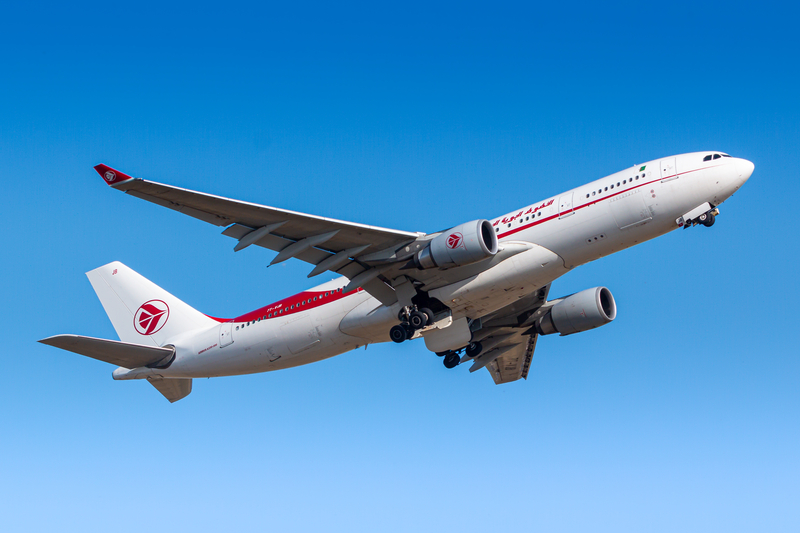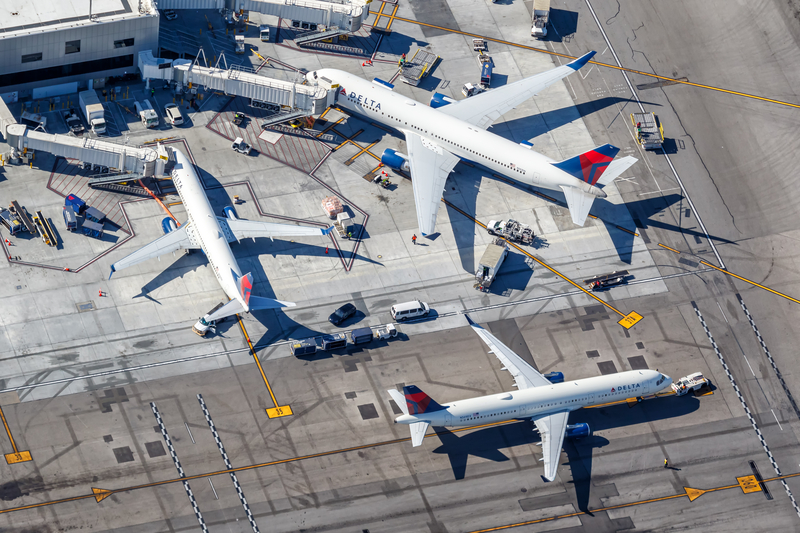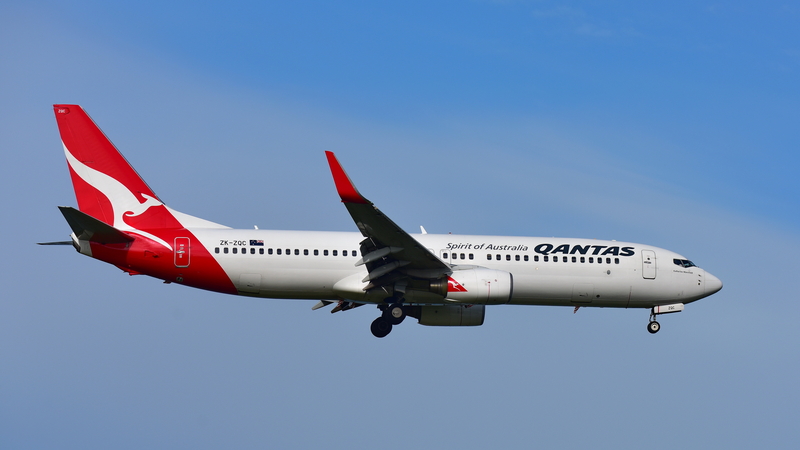Qatar Airways Cashes Out Of Cathay Pacific With $896 Million Share Buyback
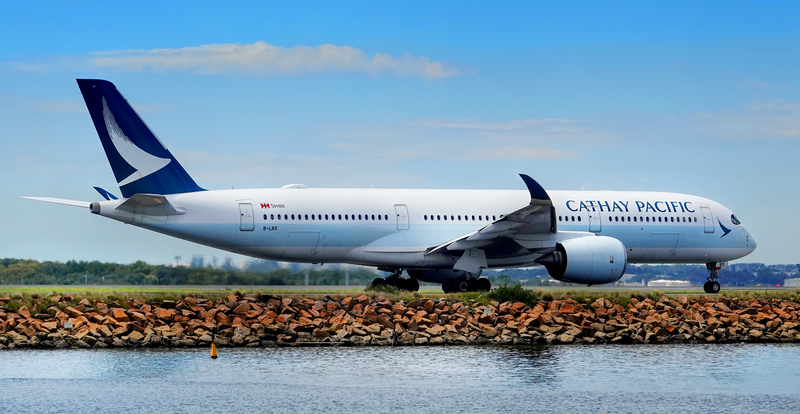
ID 342277261 © Helena Bilkova | Dreamstime.com
Qatar Airways is exiting its minority investment in Cathay Pacific after eight years, with the Hong Kong flag carrier agreeing to buy back the Gulf airline’s entire stake for nearly $900 million. While the money and ownership are changing hands, the two carriers insist their partnership isn’t going anywhere.
In This Post
-
The details of Qatar Airways’ Cathay Pacific share sale
-
Why this buyback matters for Cathay, Hong Kong, and oneworld
-
What it says about Qatar Airways’ wider investment strategy
-
How the relationship between the airlines looks going forward
Qatar Airways Sells Its 9.5% Cathay Pacific Stake
Qatar Airways is set to fully unwind its equity position in Cathay Pacific, ending an investment that dates back to 2017.
Cathay Pacific will buy back around 643 million shares currently held by Qatar Airways, representing 9.5% of the company’s share capital. The transaction is valued at roughly HKD 6.9 billion, or about $896 million.
This isn’t quite done and dusted yet — the deal still needs approval from independent Cathay shareholders before it formally closes. But given the relatively modest size of the stake and the strategic narrative around Hong Kong’s hub status, it would be surprising if it didn’t go through.
Cathay Group Chair Patrick Healy framed the buyback as a vote of confidence in the airline’s future and in Hong Kong’s aviation ambitions, noting that it sits alongside more than HKD 100 billion in planned investments in:
-
Fleet renewal and growth
-
New and upgraded cabins and lounges
-
Digital tools and “leadership” in tech and customer experience
For Cathay, this is as much about tightening control and reshaping its capital structure as it is about sending a message: the post-pandemic rebuild phase is over, and the airline wants to be seen as firmly back on a growth trajectory.
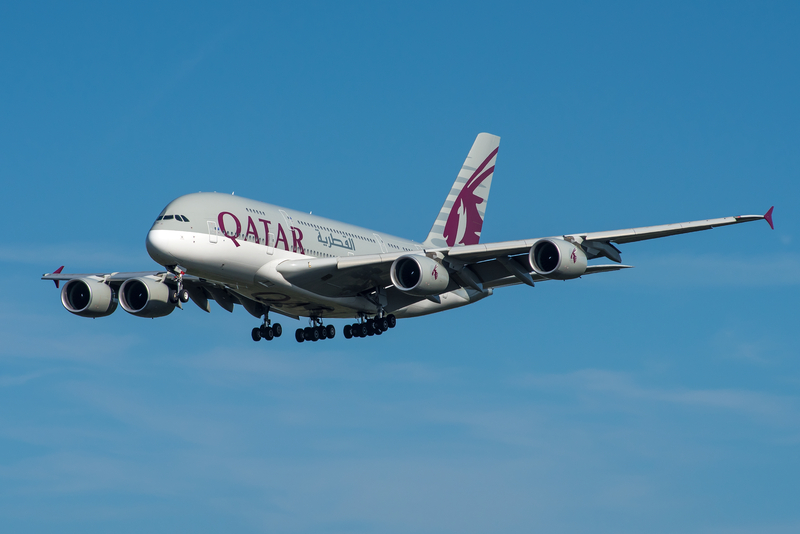
ID 196986096 © Radarman70 | Dreamstime.com
Why Qatar Airways Is Walking Away Now
Qatar Airways first bought into Cathay Pacific in 2017, positioning itself alongside other major shareholders as a strategic minority investor in one of Asia’s most important hub carriers.
Now, after a period of record profitability, Qatar is cashing out. The airline hasn’t gone into granular detail, but the messaging is pretty clear: this is about portfolio optimization, not a breakup.
Qatar Airways Group CEO Badr Mohammed Al-Meer framed it as part of a “proactive strategy to optimize our investments and position the group for long-term growth,” highlighting that:
-
The group is coming off record profits and strong performance
-
Capital can be redeployed into other opportunities or core projects
-
Qatar still values the Hong Kong market and the relationship with Cathay
In other words, this looks like a financially timed exit rather than a reaction to any specific breakdown in the partnership.
What This Means For Cathay & Hong Kong
From Cathay’s side, the buyback fits neatly into its broader narrative:
-
Reinforce confidence in the group’s recovery and growth
-
Show commitment to Hong Kong’s role as an international aviation hub
-
Simplify its shareholder structure while simultaneously investing heavily in hardware and product
Cathay is still rebuilding capacity and connectivity after an especially rough pandemic period, compounded by Hong Kong’s long and strict travel restrictions. Buying back a sizeable stake:
-
Reduces outside influence from a major foreign shareholder
-
Concentrates future gains among the remaining owners
-
Signals that management sees the current valuation as attractive for a buyback
Pair this with its planned big-ticket investments in fleet and product, and Cathay is clearly trying to send a message: Hong Kong is not just back — it’s planning to climb.
Will The Qatar–Cathay Relationship Change?
On paper, very little changes for passengers in the short term.
Both airlines stress that they’ll continue to cooperate through oneworld and via codeshare agreements, including:
-
Qatar Airways continuing to serve Hong Kong as a key Asian gateway
-
Ongoing through-ticketing, lounge access, and frequent flyer reciprocity under the oneworld framework
Al-Meer explicitly emphasized that Hong Kong remains an important market for Qatar Airways and that the carrier remains “fully committed” to serving it and offering seamless connectivity via codeshares.
So while the equity stake is going away, the commercial relationship remains intact. For most travelers, nothing should immediately feel different when booking or connecting between the two airlines.
Qatar Airways’ Wider Portfolio Play
Qatar Airways has built a reputation for being unusually active as an equity investor in the airline world. Even as it exits Cathay, it still holds stakes in several major groups, including:
-
International Airlines Group (IAG) – parent of British Airways, Iberia, Aer Lingus, Vueling, and LEVEL
-
LATAM Airlines Group – a key player in South America
-
Virgin Australia – giving a foothold in the Australian market
By dropping its Cathay stake while retaining these other holdings, Qatar seems to be:
-
Trimming exposure where the strategic and financial upside may be more limited, or where capital can be better deployed
-
Doubling down on markets and partners that are more tightly integrated with its own network flows and growth plans
Given Qatar’s strong financial position and the broader rebound in long-haul travel, this feels more like portfolio fine-tuning than retrenchment.
Bottom line
Qatar Airways is cashing out of its 9.5% stake in Cathay Pacific, selling roughly 643 million shares back to the Hong Kong carrier for about HKD 6.9 billion ($896 million). Cathay presents the move as a vote of confidence in its future and in Hong Kong’s hub ambitions, while Qatar frames it as part of a broader strategy to optimize its investments after a period of record profitability.
The two airlines say they’ll remain close partners through oneworld and codeshare cooperation, so for passengers, this is largely a behind-the-scenes ownership shuffle rather than a change in day-to-day service. For Cathay and Hong Kong, though, it’s another clear signal that the airline sees its next chapter as one of growth, investment, and renewed ambition.



